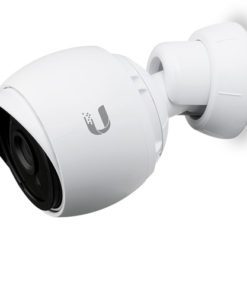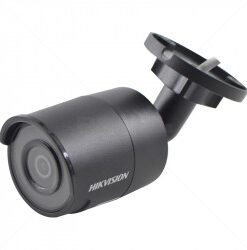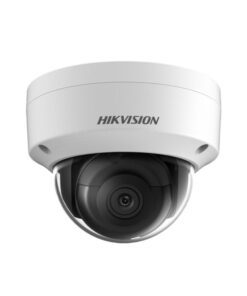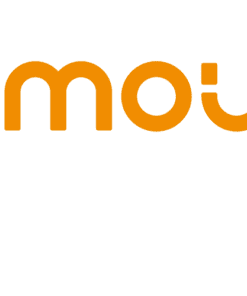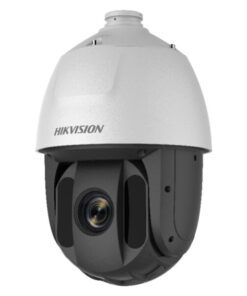CCTV cameras, also known as closed-circuit television cameras, have become increasingly popular for access control and surveillance in the DIY (do-it-yourself) space. Unlike traditional security systems that require professional installation, CCTV cameras can be easily installed and configured by individuals or small businesses, providing an added layer of security and peace of mind.
There is a wide variety of CCTV cameras available for use in the DIY space, ranging from traditional analog cameras to newer digital cameras. Analog cameras typically use coaxial cable to transmit video, while digital cameras utilize Ethernet cable or Wi-Fi for video transmission. Digital cameras offer the added advantage of remote access, allowing users to view live video streams or recorded footage from their smartphones or other devices.

One of the primary benefits of CCTV cameras in the DIY space is their ability to monitor and record activity in a specific area. Users can configure these cameras to send alerts or notifications when motion is detected, enabling quick response to potential security breaches. Additionally, the mere presence of CCTV cameras can act as a deterrent for criminals, helping to prevent criminal activity before it occurs.
Cost-effectiveness is another advantage of CCTV cameras in the DIY space. These cameras are relatively affordable and can be easily installed and configured without the need for professional assistance. Many CCTV cameras also offer cloud-based storage options, allowing users to store recorded footage remotely and access it from anywhere, further enhancing convenience and accessibility.
However, it’s important to acknowledge that CCTV cameras are not foolproof and should be supplemented with additional security measures. Having a backup plan in place is advisable in case of system malfunctions or failures. Additionally, keeping software and firmware up-to-date is essential to protect against potential vulnerabilities and ensure optimal performance.
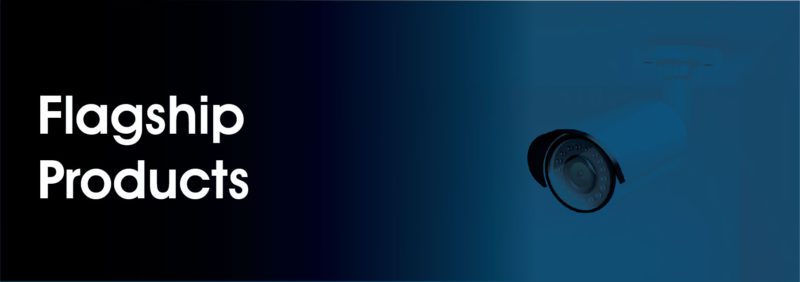
Proper installation of CCTV cameras is crucial to maximize their effectiveness. Cameras should be strategically placed to cover the maximum area possible and minimize blind spots. This ensures comprehensive coverage and captures the maximum amount of footage, enhancing overall security and surveillance capabilities.
In conclusion, CCTV cameras are an integral component of access control and surveillance in the DIY space. With the right technology, planning, and installation, individuals and small businesses can create a secure environment while maintaining flexibility and control over access. Conducting thorough research, understanding the technology, and implementing best practices are essential steps to ensure that CCTV cameras function effectively and provide the desired level of security.

